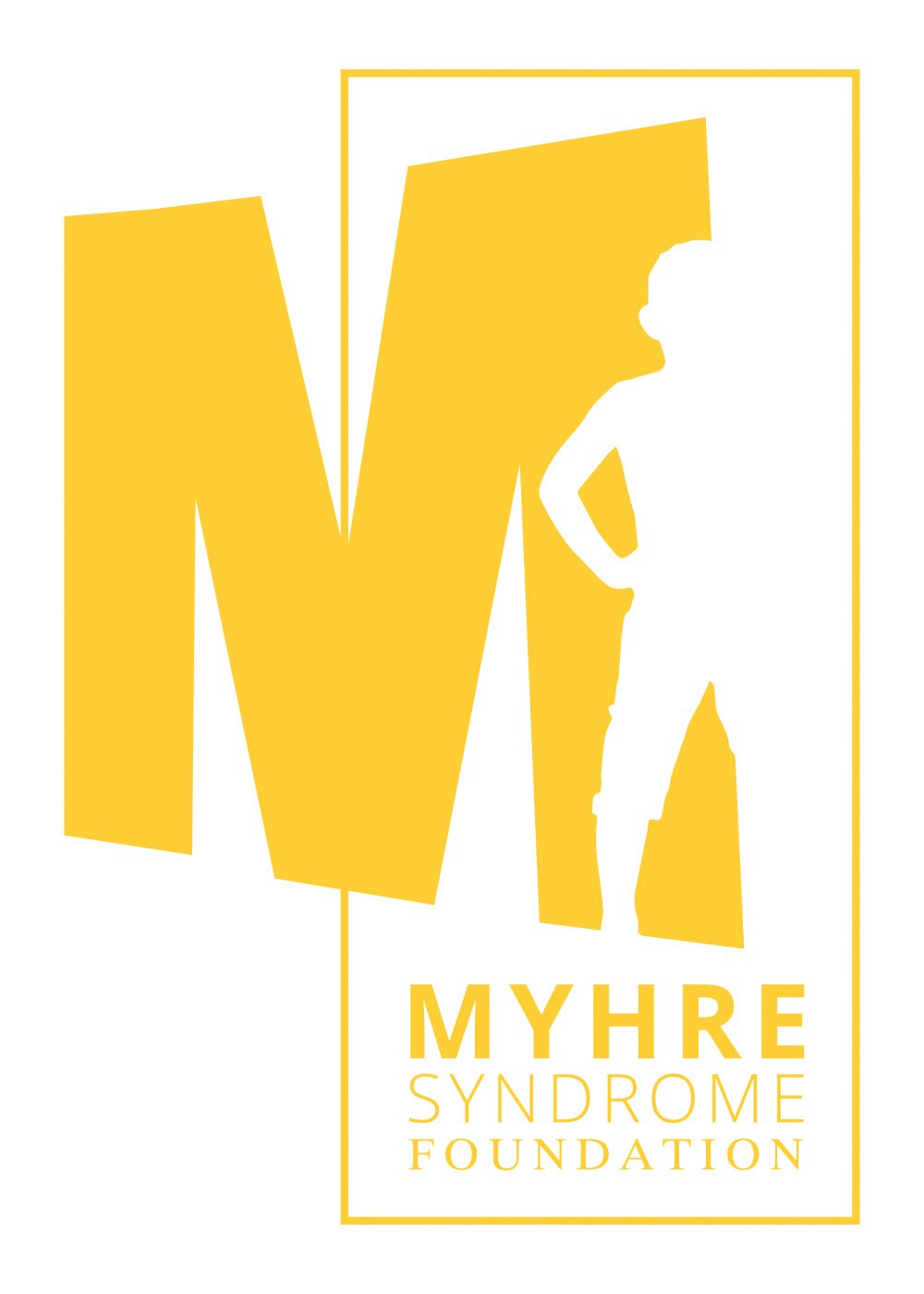MSF is excited to be funding Dr. Mo's Lab for Myhre syndrome SMAD4 specific studies. Learn more about their latest findings.
Read moreNORD Adds Seven New Rare Disease Centers of Excellence
NORD has expanded its Rare Disease Centers of Excellence Network to 46 institutions nationwide by adding seven new leading medical and research centers committed to improving rare disease care and research.
Read moreNew Publication Shared Findings From the Myhre Syndrome Patient Registry
The Myhre Syndrome Foundation has published the first analysis from our global Patient Registry, with information from 105 individuals across 24 countries. Families reported their own experiences with Myhre syndrome, including symptoms, daily challenges, and quality of life. This is the largest collection of Myhre syndrome data ever gathered, and it reflects real-world experiences directly from our community. Read more!
Read moreThe Diagnosis That Arrived Decades Late: Living Without and Then With Myhre Syndrome
The American Journal of Medical Genetics recently published Patrick’s story of waiting for his Myhre diagnosis. This narrative is based on a review of medical records, personal experiences in the care of a remarkable patient, and family interviews.
Read moreExpanding Access to Specialized Care for Myhre Syndrome: New Clinics at Stanford and Texas Children’s Hospital
In 2025, we are proud to continue our long-standing support of Dr. Angela Lin and her team at Massachusetts General Hospital, and to announce the launch of two newly funded clinical sites: one at Stanford Medicine Children’s Health and the other at Texas Children’s Hospital.
Read moreFDA Myhre Patient and Family Listening Session
To provide the FDA with a comprehensive understanding of Myhre syndrome, including the lived experiences of patients and caregivers, the community met with the FDA in December 2024. The full report is out now.
Read moreAnnouncing New Research Partnership with Emory University
We are excited to announce the launch of our new partnership with Emory University designed to shed light on the underlying molecular mechanisms of Myhre Syndrome and lay the foundation for future treatments.
Read moreGenetically Modified T Cell Study Confirms Safety
Genetically modified T cell therapies have been in the news for their ability to improve outcomes for cancer patients, and a recent longitudinal study confirmed that serious complications were extremely rare.
Read moreAdvancing Research and Hope: Exciting Development in Fibrosis Research
Encouraging Progress in Fibrosis Research
Rare Disease Day 2025 is the perfect day to see an announcement on the new advancements in understanding and treating fibrosis. A new initiative led by our Scientific Advisory Board member, Dr. Maria Macías, and her team at IRB Barcelona is focusing on developing potential therapies for fibrosis-related diseases like Myhre syndrome. Their work is centered on identifying innovative treatment strategies that target key molecular mechanisms involved in disease progression.
Dr. Macías’ research explores how specific proteins in the SMAD family influence fibrosis development. Her team is currently working on an initiative aimed at creating a new class of drugs designed to slow the progression of fibrosis. By refining drug design through structural analysis, they hope to develop a more precise and effective approach to managing Myhre syndrome.
While this research holds significant promise for Myhre syndrome, it also has wider implications for conditions such as idiopathic pulmonary fibrosis and cardiac fibrosis. Developing targeted treatments could lead to advancements that benefit a broad range of patients with fibrosis-related organ failure.
We remain committed to championing research that can lead to meaningful medical breakthroughs and are collaborating with Maria Macias and IRB Barcelona for our preclinical projects. We look forward to continued progress in developing therapies that can improve the outcomes for Myhre syndrome patients worldwide.
This initiative is supported through funding from the Agency for Management of University and Research Grants (AGAUR). We extend our appreciation to the dedicated researchers and supporters working toward innovative solutions for fibrosis-related diseases.
Read the full press release and see a video from IRB Barcelona here
Medical Advisory Board Doctors Recognized for their Research Contributions
Congratulations to Dr. Callewaert and Pr. Cormier-Daire, who have won pretigous awards for their rare disease research.
Read more